

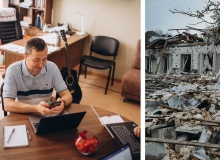
Valentyn Siniy leads a theological institute in Ukraine destroyed by the war. He recounts how they reorganised to continue training pastors and shares personal experiences from these 3 difficult years.
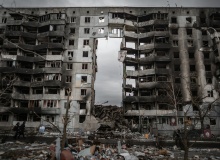
We Christians should stand up for truth, compassion, righteousness and justice for all. We must persist in prayer for a just peace, for Ukrainians and for Russians.
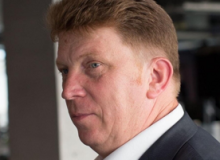
Pentecosal pastor Nikolay Romanyuk was accused of opposing war against Ukraine. “I do not retract my sermon”, he said in court.
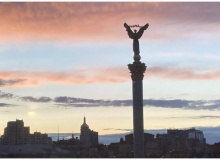
Soldiers and family members of fallen heroes, chaplains, public figures, representatives of churches and religious organisations, were joined at the national breakfast by some 350 invited foreign guests.
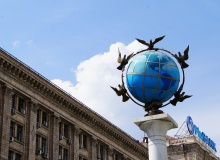
From the independence in 1991 to the ongoing war sparked by Russia’s invasion, Ukraine’s efforts to recover and assert its true history have become acts of resistance, healing, and hope.
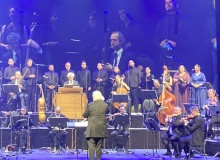
Just as Jesus is betrayed by a close follower and handed over to unjust powers, Ukraine has faced aggression from a neighbouring nation with deep historical ties.

Three years after Russia's invasion of Ukraine, TWR is sharing the hope of Jesus in the region and calls to pray.

At least 630 religious places have been damaged, says a report of Mission Eurasia. Russian soldiers raid churches, ban religious activities and persecute faith leaders.
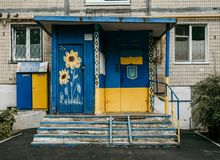
What can evangelical voices offer to supplement or correct what ordinary Ukrainians think about their national identity? What special contribution can they make?
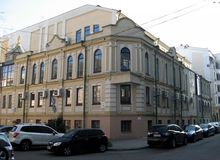
Since the Russian invasion, 600 places of worship have been destroyed, over 30 faith leaders killed or kidnapped, forced expulsions, imprisonments and arrests.
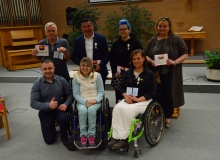
They received the Ukraine's White Cross for evacuating over a thousand people with disabilities since the outbreak of war, and bring them in Germany and Austria.

For Ukrainians, this is more than a minor issue of grammar. It involves the whole reason why Putin launched his misguided ‘special military operation’ in the first place.
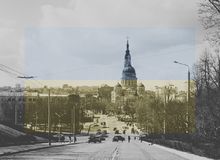
The war revealed the importance of the local church responding to crisis. The church is a humanitarian army present in many communities, skilled and equipped as a team for service.

9 May marks the day in 1950 when France and Germany, laid down control of their war industries as a first step towards making war unthinkable.
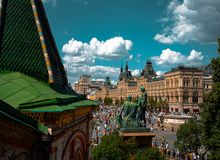
Several people were fined for quoting "Thou shalt not kill" publicly. Parliament passed a draft law to punish the spreading of “false information” about Russian army.
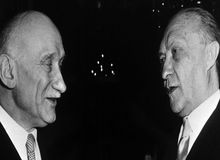
What role can faith communities in Europe today play in recovering foundations for sustainable, just and flourishing societies?
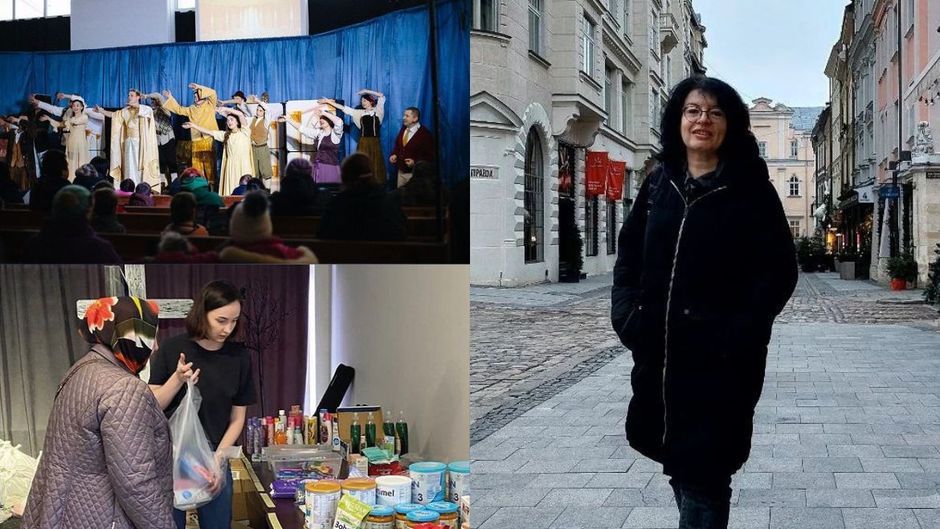
An evangelical worker in Ukraine describes the situation there, one year after the Russian invasion. Despite much pain and tears, they see “the hand of God”.
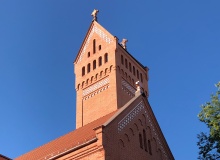
A survey by Forum 18 shows that “violations of the human rights have increased since fraudulent presidential elections and the regime's support for Russia's invasion of Ukraine”.
Sergei Ryakhovsky is accused of “publicly supporting and justifying the Russian war”. 21 leaders of the Russian Orthodox Church are also sanctioned.
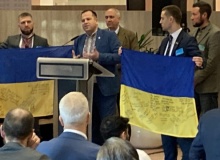
Ukrainian villagers were glad to get food but also prepared to stand in the snow and cold wind to listen to the team share the gospel.
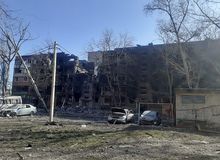
Evangelical churches in Russia have been praying for peace and ministering to those in need right now for 6 months in Ukrainian cities. By Pavel Kolesnikov.
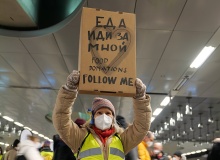
There are opportunities for churches as they welcome Ukrainians into their midst, many of whom come from evangelical backgrounds.
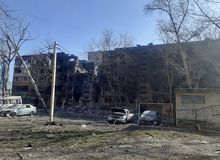
The Church in Ukraine needs to respond to the emotional and spiritual needs of its people as the ongoing extension of the mission of God. An aticle by Kristy Williams, Ruslan Maliuta and Yuriy Kulakevych.

The shared view of Russia as a lasting potential threat made CEE countries sympathise with Ukraine, especially since 2014. An article by Rafał Piekarski and Barbora Filipová.

As winter looms, churches in Ukraine work to get help for the most vulnerable in a context of hiking prices.

Las opiniones vertidas por nuestros colaboradores se realizan a nivel personal, pudiendo coincidir o no con la postura de la dirección de Protestante Digital.